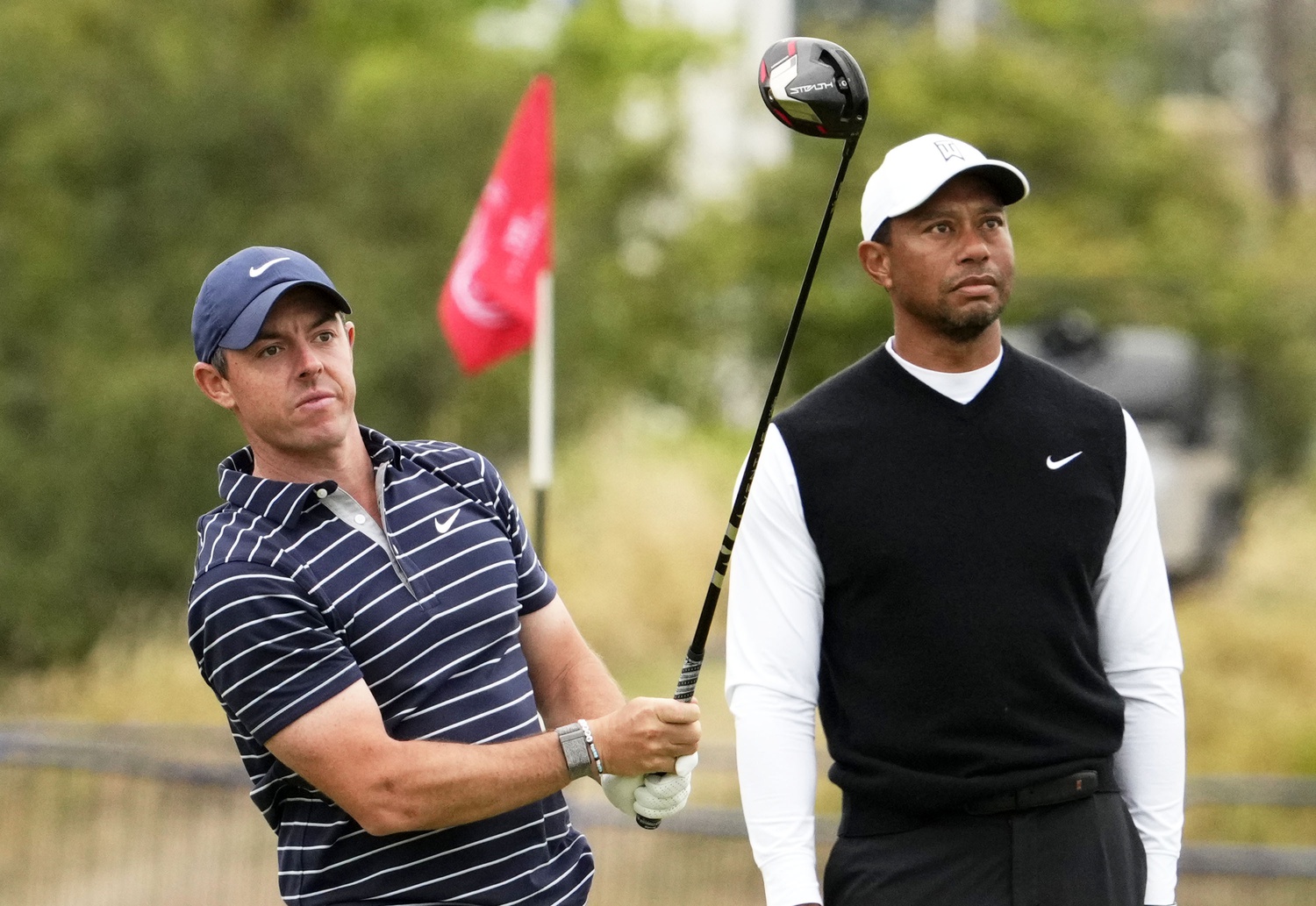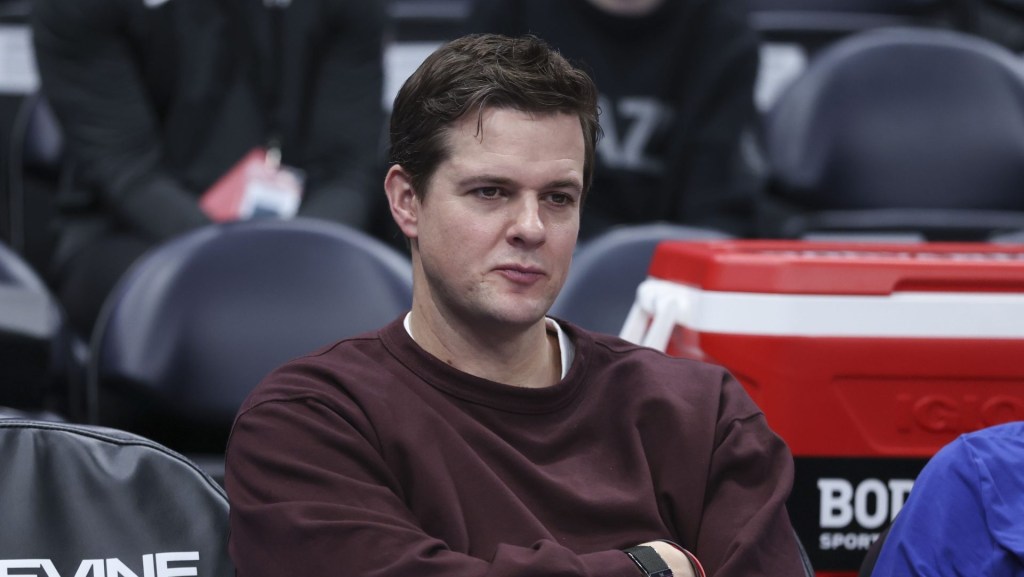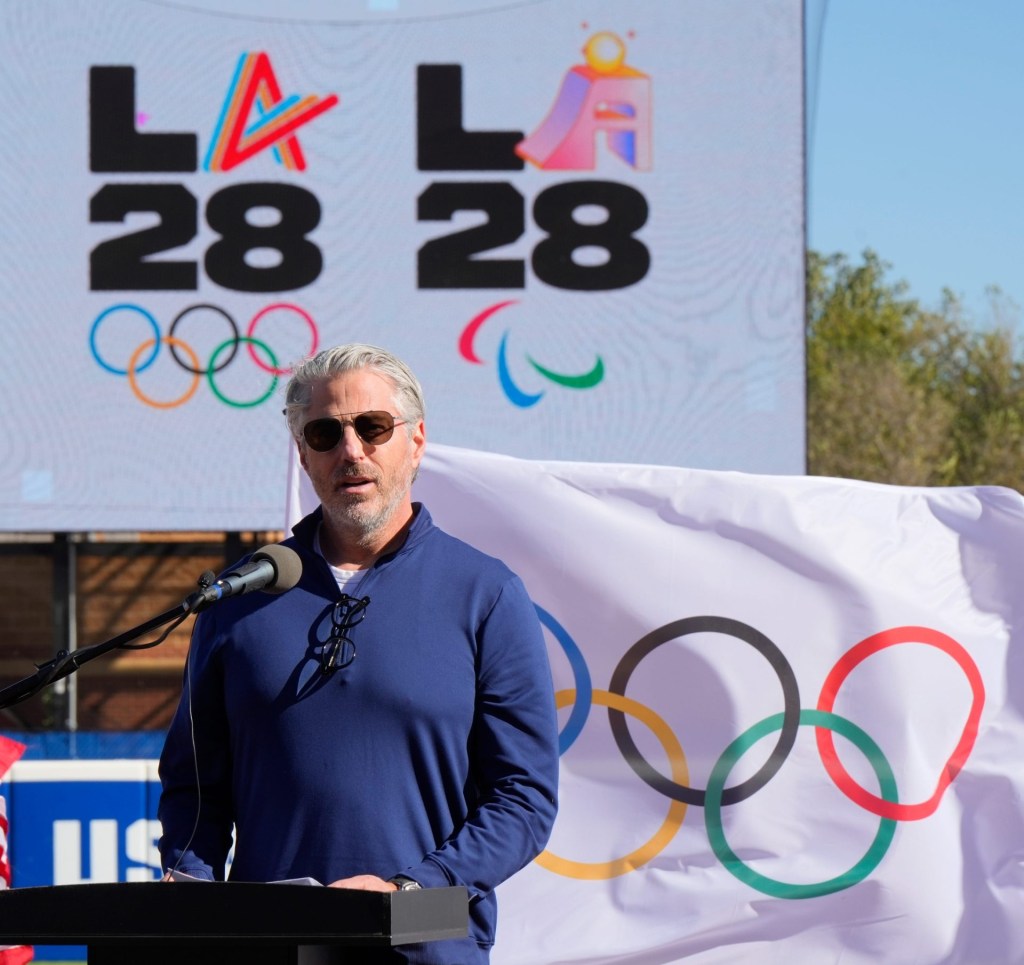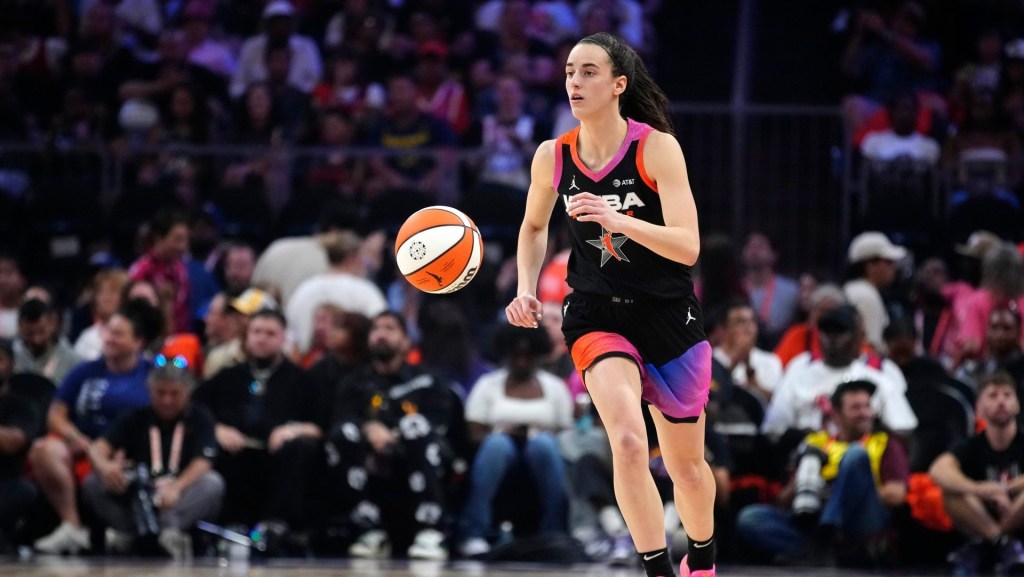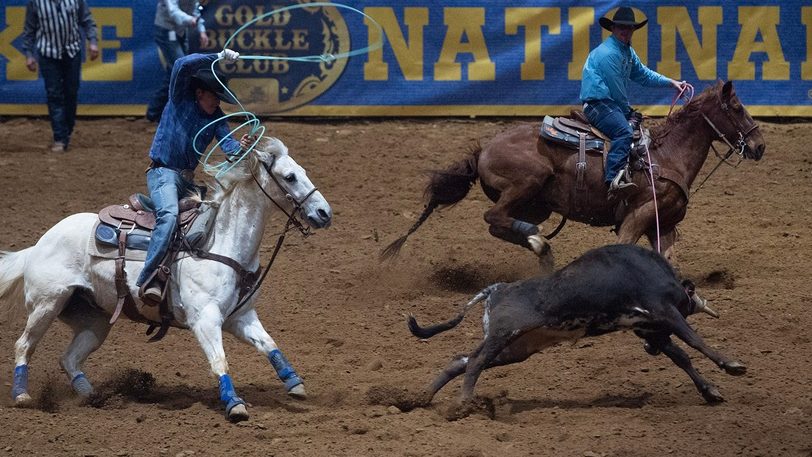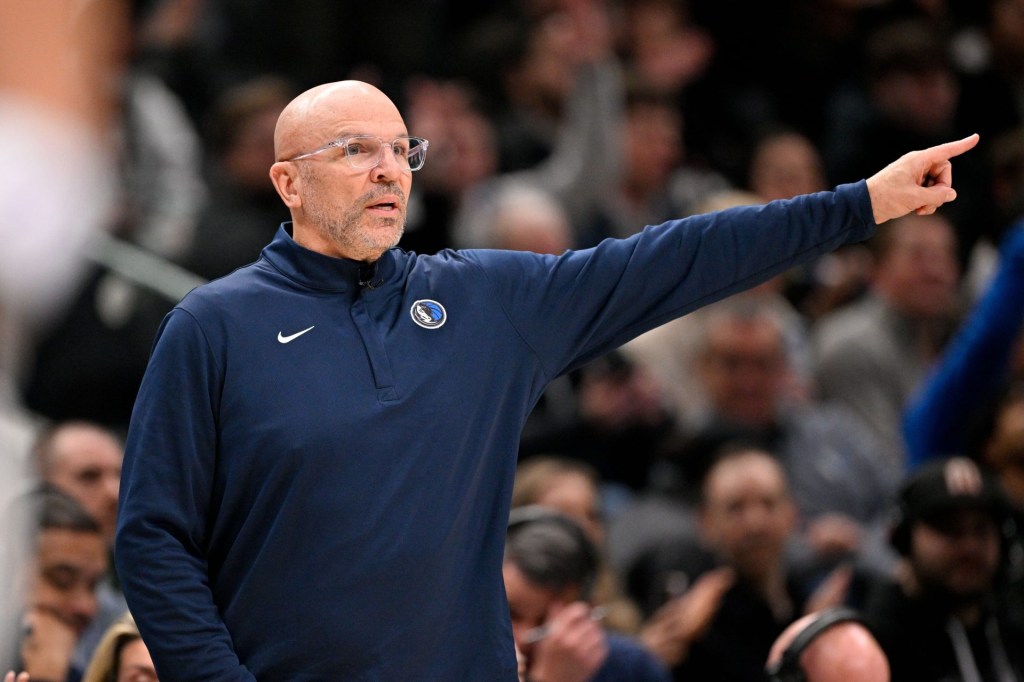Pro golf’s grand merger is in significant doubt.
The preliminary partnership agreement between the PGA Tour, DP World Tour, and LIV Golf’s financial backer, the Saudi Public Investment Fund, announced in June included a Dec. 31 deadline to complete the transaction. While the parties could extend the deadline by mutual agreement, sources with knowledge of the situation told Front Office Sports there is so little progress by this point that extending the deadline would likely be pointless.
The PGA Tour has been working closely with Endeavor, Fenway Sports, and others to replace the up to $2 billion PIF would have committed if the deal were completed.
And, if the partnership falls through, PIF is ready to utilize those funds — and potentially more — to boost LIV, as stated by one source. One option is restarting the big-money offers to PGA Tour players as LIV did before its 2022 launch.
Two sources said that the main roadblock is the PGA Tour’s policy board, which wasn’t presented as such to PIF governor Yasir Al-Rumayyan. When the framework was announced, there was an even split between players and independent members on the policy board.
Then Tiger Woods was added to the policy board over the summer, giving the players the means to nix the deal.
Even before Woods’ addition, multiple players on the policy board — which includes Rory McIlroy, Patrick Cantlay, Charley Hoffman, Peter Malnati, and Webb Simpson — took the framework with a grain of salt.
“The players weren’t involved in creating that framework, so they basically wanted to start all over,” one source said.
A PGA Tour spokesperson declined comment.
“I would say that we operate in good faith, and I see that on both sides,” Monahan said over the summer.
Since the framework was announced, the only tangible movement was the PGA Tour, LIV, and PIF agreeing to drop all litigation, which caught lawyers on each side by surprise.
LIV can’t re-file its antitrust lawsuit since it was dismissed with prejudice, at least on the same counts in the lawsuit filed in August 2022.
Since the PGA Tour does not have the same financial means as LIV, backed by a fund worth about $700 billion, it had a greater need to end the legal battle. Some close to the process wonder why Al-Rumayyan would agree to drop LIV’s lawsuit — which had some setbacks earlier this year — before it fully exposed the extreme efforts by the PGA Tour to halt LIV’s rise.
There are three reasons: PGA Tour Commissioner Jay Monahan, PGA Tour Board Chairman Ed Herlihy, and PGA Tour policy board member Jimmy Dunne.
According to one source, the trio convinced Al-Rumayyan that there wouldn’t be major obstacles to getting the framework finalized. But within weeks of the deal, the PGA Tour hadn’t even signed the preliminary paperwork — and one source said those legal forms still have not been signed.
That leaves the PGA Tour much closer to a deal with Endeavor and other firms than it is toward making the framework final, according to a source. The framework agreement, however, doesn’t preclude the PGA Tour from finding investors outside of PIF.
Monahan went from calling LIV an “irrational threat” last year, given its PIF backing, to embracing the Saudi money in the planned partnership. But the blowback from PGA Tour players who stayed loyal likely wasn’t the only fallout from Monahan’s pivot.
The Senate’s Permanent Subcommittee on Investigations held two hearings into the deal, the first in July where Sen. Richard Blumenthal (D-Conn) asked why funding couldn’t be found elsewhere given Saudi Arabia’s human rights record.
“There are investors who are willing to provide capital,” Blumenthal said. “We’re not talking here about hundreds of billions of dollars. It’s a billion dollars, which in the world of corporate America today is not insurmountable.”
It wasn’t long after that hearing that the talks for alternate funding picked up, one source said.
LIV is expected to announce a schedule in the coming days, with potentially multiple events going head-to-head against the PGA Tour in 2024. That would dash hopes that the LIV players — all currently suspended by the PGA Tour — could play in PGA Tour events for the foreseeable future and vice versa.
“LIV put us in an incredibly difficult position,” Dunne testified in front of the Senate in July. “LIV was a constant every day. Who’s gonna go? It was very disruptive.”
If there isn’t progress made soon toward finalizing the framework, that disruption appears slated to continue for years.
